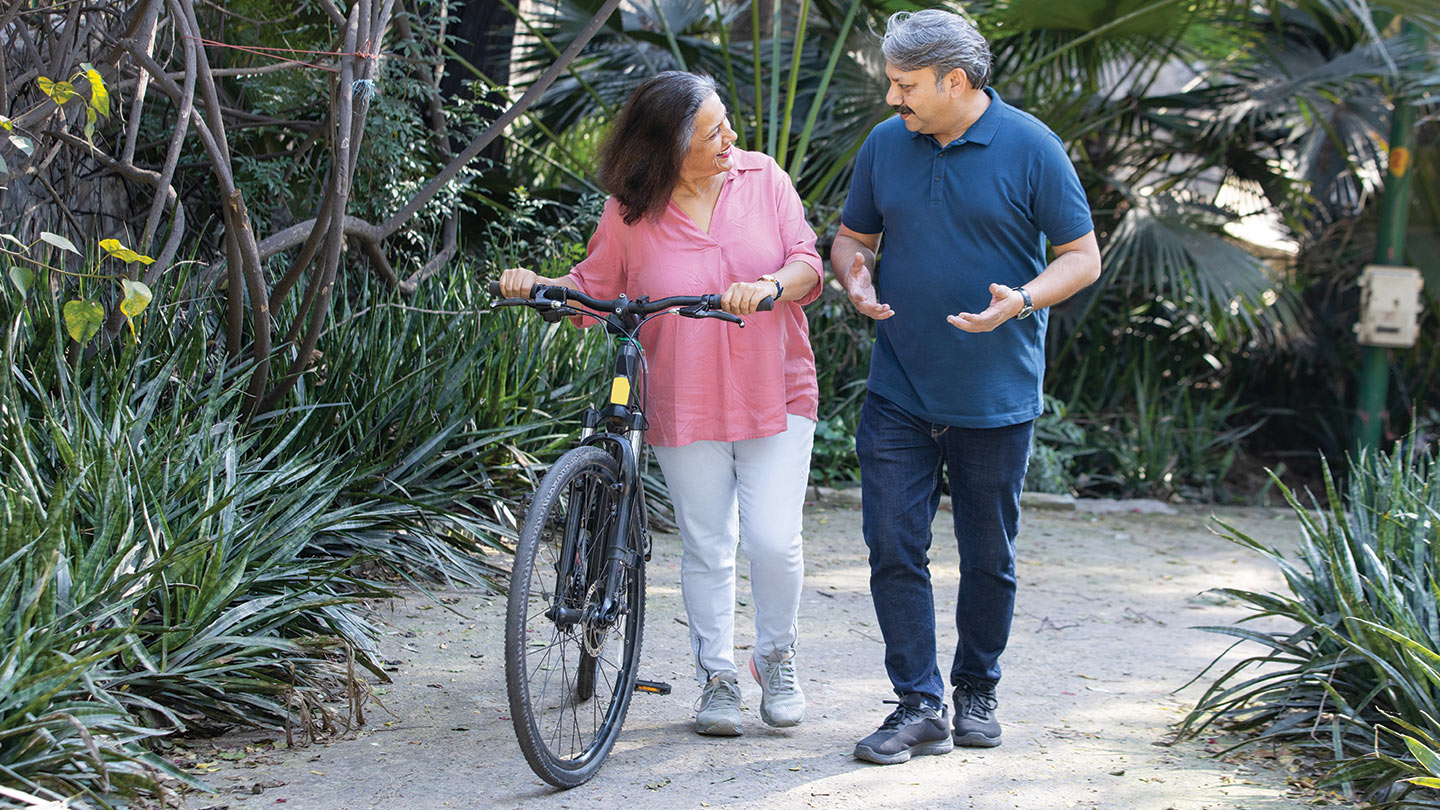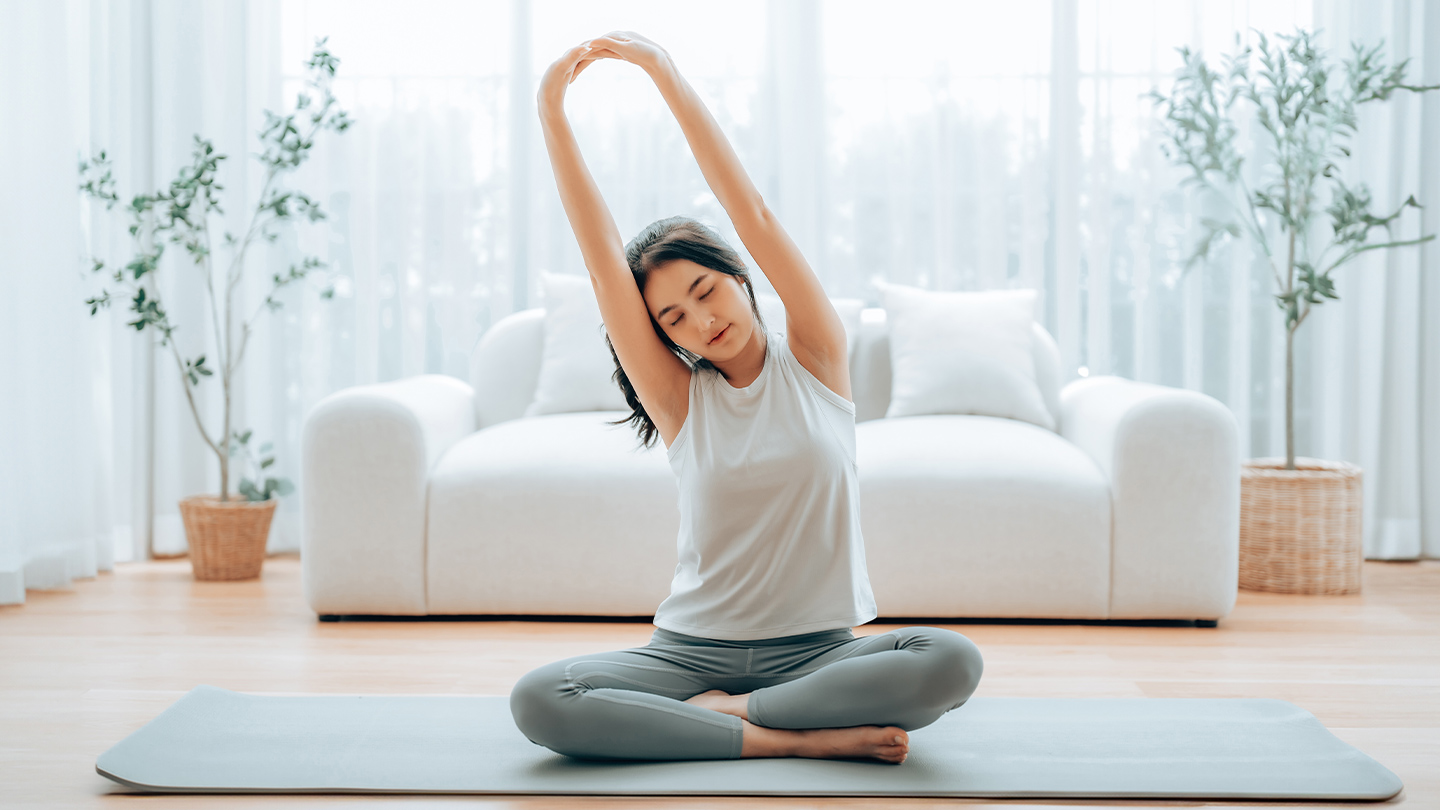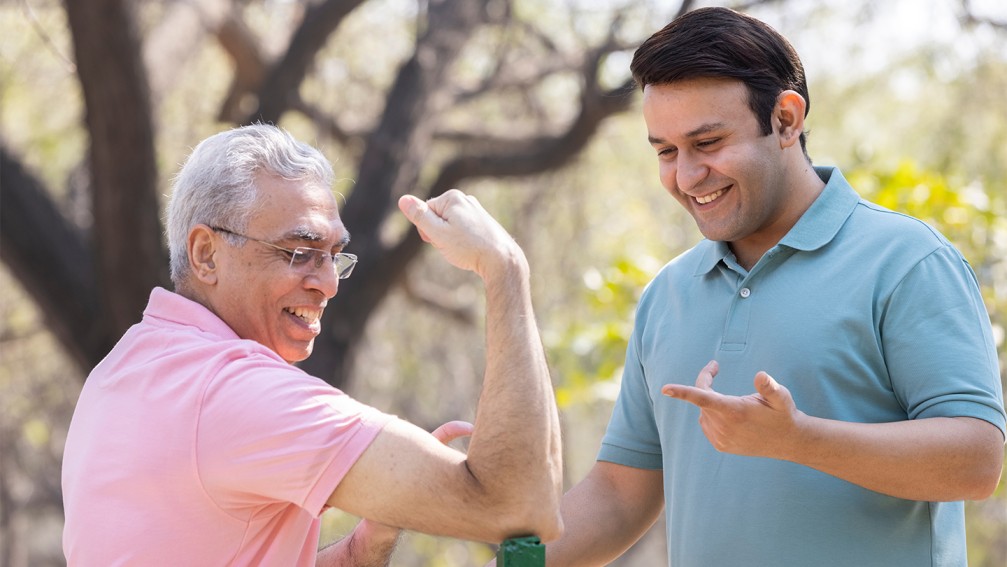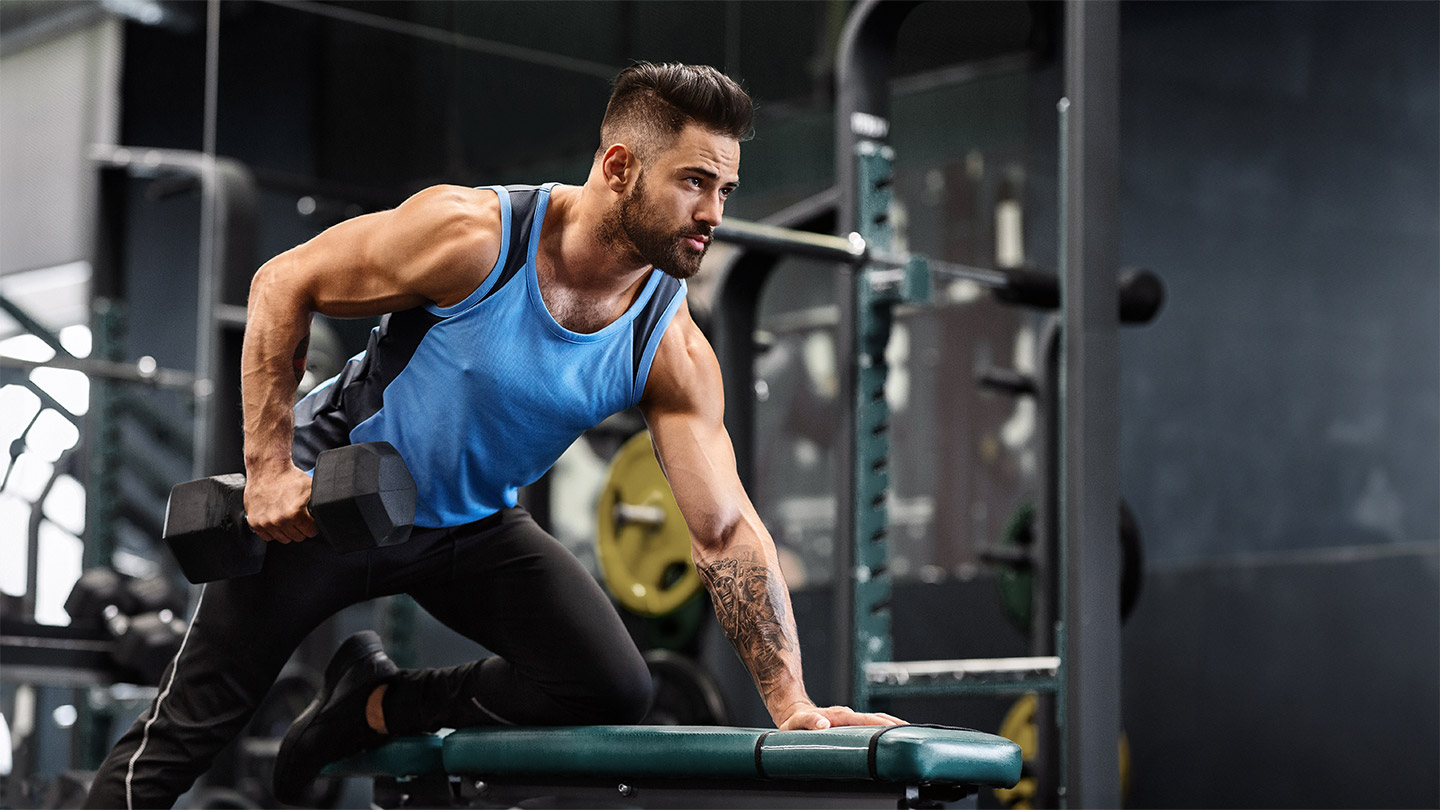Movement
How to Get Active As You Age: Safely and Joyfully
Staying fit in your 40s, 50s and beyond is not only possible, it’s essential. Here’s how to ease into movement, strengthen your body, and avoid injury as you grow older.

Getting older doesn't mean giving up on an active lifestyle. In fact, movement becomes even more important as we age for maintaining strength, flexibility, independence, and mental well-being. Yet, many people in their 40s, 50s, and beyond hesitate to start exercising due to fear of injury, past pain, or simply not knowing where to begin.
The good news? You don’t need high-intensity workouts or intimidating gym routines. You just need a smart, sustainable, and body-aware approach to fitness. Whether you're getting back into movement or starting for the first time, it's never too late to begin.
Related story: Stronger Legs, Longer Lives: The Indian Lower-Body Longevity Connection
Why Staying Active After 40 Matters
As we age, our bodies naturally undergo changes:
- Muscle mass declines (a process known as sarcopenia)
- Bones lose density, increasing the risk of fractures
- Joints stiffen, and flexibility decreases
- Metabolism slows, making weight management more challenging
- Cardiovascular endurance is reduced without regular activity
According to the World Health Organization, adults over 45 should engage in at least 150 minutes of moderate-intensity activity per week to maintain overall health, manage chronic conditions, and improve mental resilience.
Related story: Hydrotherapy for Cardiovascular & Pulmonary Conditions
How to Start Moving Without Getting Overwhelmed
1. Focus on Function, Not Intensity
Forget the pressure to “go hard.” Instead, prioritise exercises that support your daily movements, like walking up stairs, lifting grocery bags, or playing with your grandchildren.
Choose low-impact options such as:
- Brisk walking
- Pilates or mat exercises
- Water aerobics
- Resistance band workouts
- Tai chi or functional strength training
These activities improve mobility, balance, and joint health without placing excess strain on the body.
2. Stretch Daily for 7 Minutes
Stretching isn’t optional, it’s crucial. Regular stretching:
- Enhances flexibility
- Improves posture
- Prevents injury
- Reduces joint stiffness
Start your morning with a few gentle stretches or add a short mobility break after long periods of sitting. Include stretches for the hips, hamstrings, lower back, neck, and shoulders.
Related story: This or That: Should You Be Perfecting Your Yoga Asanas or Getting Into the Pilates Groove?
3. Build Movement Into Everyday Life
One of the most sustainable ways to stay active is by sneaking movement into your daily routine.
- Take the stairs instead of the elevator
- Do calf raises while brushing your teeth
- Park a little farther and walk
- Stand up and stretch during TV breaks
- Take short walking calls instead of sitting all day
These “incidental exercises” build momentum and keep the body engaged without formal workouts.
4. Check In With a Professional
Before starting any new fitness routine, especially if you have existing health conditions (like arthritis, joint pain, or cardiovascular concerns), consult a:
- Physiotherapist – for pain-free, personalised mobility plans
- Nutritionist – to support your movement with nourishing meals
- General Physician – for a basic health screening if you’ve been sedentary for a while
Connect with our Expert here: https://ur.life/medical/consult
The Mental Health Bonus
Exercise isn’t just about muscles and metabolism; it's a proven mood booster. Regular physical activity helps:
- Reduce anxiety and depressive symptoms
- Improve cognitive sharpness
- Support better sleep
- Build self-confidence
This is especially important for women in peri- or post-menopause, when hormonal changes can affect mood and energy levels.
Related story: 5 Healthy Snack Ideas That Improve Your Mood
Start Small, Stay Consistent
If you’ve been inactive, begin with just 10–15 minutes, 2–3 times per week, and gradually increase. You don’t need fancy equipment or long workouts, just the intention to show up for your body.
Even a short walk, a light stretch, or 5 minutes of mindful movement can shift your energy and outlook.
Age is not a barrier; it’s a compass. It shows you where to go slower, stretch more, and move with awareness. So whether you’re 45 or 65, remember: Motion is medicine. And your best years of movement might still be ahead.
Related story: Intuitive Movement—Why You Should Get With This Fitness Trend
Looking for an exclusive and unique experience, expert staff, and unparalleled member services? Come join us at URLife Studios! We offer a comprehensive range of wellness services that promote optimum well-being. We are a trusted source for unique holistic health and pregnancy care workshops. Our physiotherapists design customised rehab programs based on health conditions.
At UR.Life Studios, we offer a complete multi-disciplined approach to fitness and well-being. The URLife Studio is a luxe wellness oasis, combining sleek modern design, lavish amenities, state-of-the-art equipment and personalised wellness programs.
- Yoga
- Kickboxing
- Pool and Bollywood aerobics
- Pregnancy care workshops
- Customised physiotherapy
- Spa
- Garden Cafe
- Women’s wellness program
EXPLORE MORE
Shake off the stiffness, boost circulation, and feel human again after a long trip. These five post-travel stretches are the easiest way to get moving.
Hate the gym but love dance? Prefer a solo hike over group classes? You’re not lazy, you’re just mismatched. Discover how your personality can guide you to the workout you’ll actually enjoy.
We’ve all assumed that bigger muscles mean more power, but science (and the gym floor) says otherwise. Here’s why strength isn’t just skin deep.
Muscles aren’t built in the gym, they’re built during recovery. Discover science-backed, easy-to-adopt ways to speed up healing, reduce soreness, and bounce back stronger after every workout.










